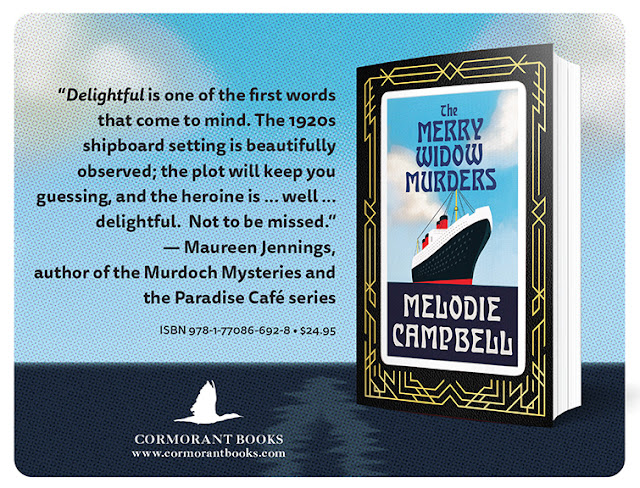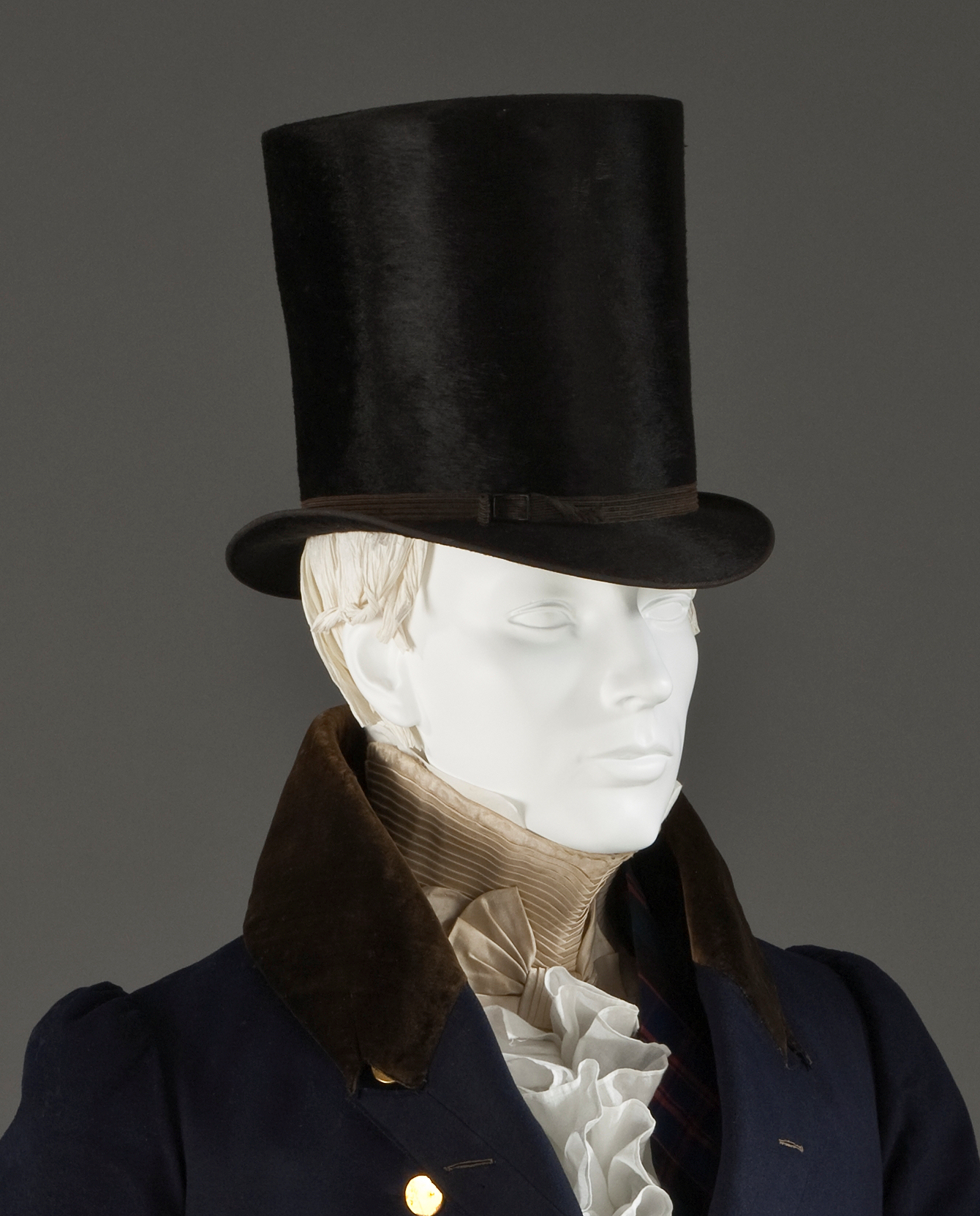"I wanted you to see what real courage is, instead of getting the idea that courage is a man with a gun in his hand." Harper Lee
As I sit at my desk looking out the window at the black October lake, it occurs to me that I've been contemplating how to write this post for a long time. Perhaps I was waiting for a suitable trigger [sic]. Ironically (just can't resist these puns) I sold the last of my gun collection after Sandy Hook, and no longer engage in sport shooting. For that reason, and perhaps the fact that I also no longer fly small craft and gliders, a person close to me hinted that I had become rather conventional.
For some reason, that bothered me. Dagnabbit, was he equating conventional with boring? That got me thinking about being a writer. And frankly, I don't think any of us are conventional. We are the very opposite of that.
The point of this post:
I've always told my classes that you need three things to be an author:
Talent - the ability to come up with new story ideas again and again
Craft - the dedication to learn the craft of writing, which takes time, instruction, and what I like to call an 'apprenticeship'
Passion - the determination to spend hours alone at your keyboard, creating those stories
I've known a lot of adult writing students who have talent. I've been able to teach them the craft. But if they don't have the passion that being an author requires, then the first two don't mean much. It takes me nearly 1000 hours to write an entire novel, in final form. That's a lot of butt-in-chair passion.
In addition, I have taught people who show talent and passion, but won't take the time to learn the craft.
But lately, I've come to recognize something I've overlooked, something absolutely critical for a writer to stay in the game. I'm adding a fourth essential to the list:
Courage.
I didn't fully understand how much courage it took to be a writer, until after I'd been published a dozen or so times. Now, with more than 60 short stories and 18 novels, perhaps 200 humor columns and comedy credits, I've found my courage faltering at times. But what exactly do I mean?
Voices stronger than mine have said that writing is easy - you just open a vein and bleed. I can attest that my protagonists, while different from each other, often have my moral beliefs and views on life. They put forth and discuss issues of ethics and politics that support a Canadian woman's viewpoint. Mine.
So that when I am writing fiction or humour, I am not only demonstrating (for better or worse) my talent as an entertaining writer. I am also exposing the things that are important to me and that I believe in. What it boils down to is this: not only is my writing open to being criticized, but my personal beliefs and morality are also up for grabs.
For this, I have - like many female writers - been hounded by trolls on social media. Usually men (but not exclusively) who wish to make me uncomfortable, to diminish me in some way. To erode my confidence, and hopefully make me fearful. In all cases, they wish to silence me. They hide behind the screen of anonymity.
In the old days (by this I mean pre-Amazon) we took criticism from professional critics, plus our editors. In a way, it was a jury of our peers, and we accepted that. Now, to use a military analogy, we can't see the enemy.
It takes real courage to put your work out there, and take the slings and arrows of criticism from unknown players, many of whom have sinister intent.
It takes guts.
Harper Lee said it best.
Melodie Campbell writes from the northern shore of Lake Ontario. Mainly mob capers, but also classic whodunits like The Merry Widow Murders, online and at most bookstores.





